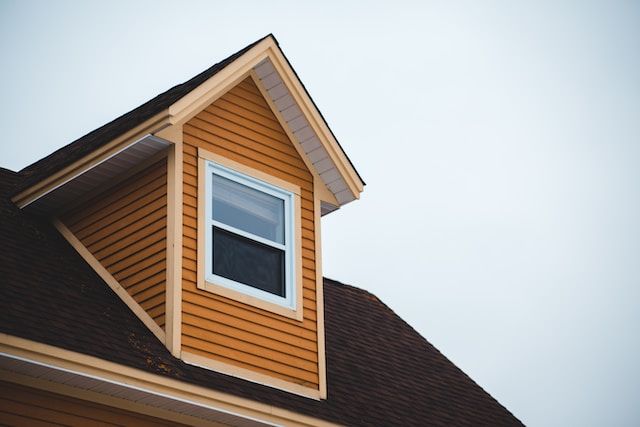The UK energy crisis has opened the market for everyone to become energy-efficient. Retailers and supermarkets must find ways to keep their products fresh and their businesses operating normally.
A supermarket needs a proper power supply to operate at its best. To ensure that they have a stable source of energy supply, they can use utility bidder to compare quotes to find a utility provider that meets their needs.
Let’s dive into finding ways retailers can reduce the amount of energy they use. Here are the five ways retailers can conserve their energy usage but first, let’s discuss the reasons businesses use a lot of energy.
Reasons Businesses Use A Lot of Energy
Lighting, heating, air conditioning and ventilation are the most common aspects of energy consumption within a retail business. These are the essentials needed to have a successful business no matter the industry retailers are in.
These can be easily adjusted to help save on costs. They can also have a positive effect on the environment when you switch to environmental-friendly options.
Although retailers do not have to jump into big changes immediately, it can, however, make all the difference in the energy bill when they start with small changes that can save and push them towards becoming energy-efficient.
How Retailers Can Reduce Energy Use
1. Lighting
Switching off unnecessary lighting and using natural lighting can help reduce the cost of energy. To achieve natural lighting, retailers can install more windows and use a skylight to allow natural lighting to fill the space they need light in.
To save on costs, retailers can also switch out any old bulbs and replace them with LED bulbs or use low-wattage fluorescent fixtures. Retailers can also opt to have their light switches work with time sensors or use motion sensors so that they are not continuously on but only light up when a person walks into a dim space.
2. Heating/Air Conditioning/Ventilation
HVAC (Heating, Ventilation, and Air Conditioning) is responsible for the bulk of the energy consumption within businesses.
Heating and air conditioning systems need to be checked regularly. Checking the air filter at least once a month can help you monitor when it needs changing. Also, have it tuned up once a year as well.
Installing a thermostat that is programmable, and use them in rooms that aren’t used as much to avoid wasting heating/cooling.
Sealing heating and cooling ducts can improve the system as no air can escape if they are properly insulated.
3. Cooling/Refrigeration
Retailers can choose to use an energy-saving airfoil inserting them in front of open-air fridges to redirect the cold air back inside of the fridge. This prevents the cold air from mixing with hot air on the outside so it doesn’t need to use excessive energy to cool the hot air.
They can also invest in a backup cooling system, this is a refrigeration battery that uses water as its power source and is a great option in times when there might be a power outage as it serves as a backup power supply to keep the fridges running.
4. Switch to renewable energy
Retailers can make the switch to renewable energy to save on energy costs. Also, be sure to remove appliances that are not in use from the wall switches or switch off plugs to avoid wastage of electricity.
5. Get an energy audit
This can be a little pricey but, an energy audit can help retailers find out where they are using a lot of energy and by measuring their energy use can help curb the amount of energy usage.
Getting a professional energy audit done can help you find ways to make sustainable changes that would save on the energy bill.
Retailers can also install energy-saving monitors to help keep track of the amount of energy that they use on a daily basis/over a month instead of getting an audit done first.
Conclusion
Saving on energy costs not only saves the business money but also enforces that the energy crisis is something that all citizens within the UK should be practicing to help themselves and the economy have sustainable businesses.
The above methods can help retailers monitor the amount of energy they are using and find alternatives to continue operating as normal despite the current challenge that they are facing.
Educate staff and employees on new changes made to the company practices with regard to conserving energy and their role in saving energy.







